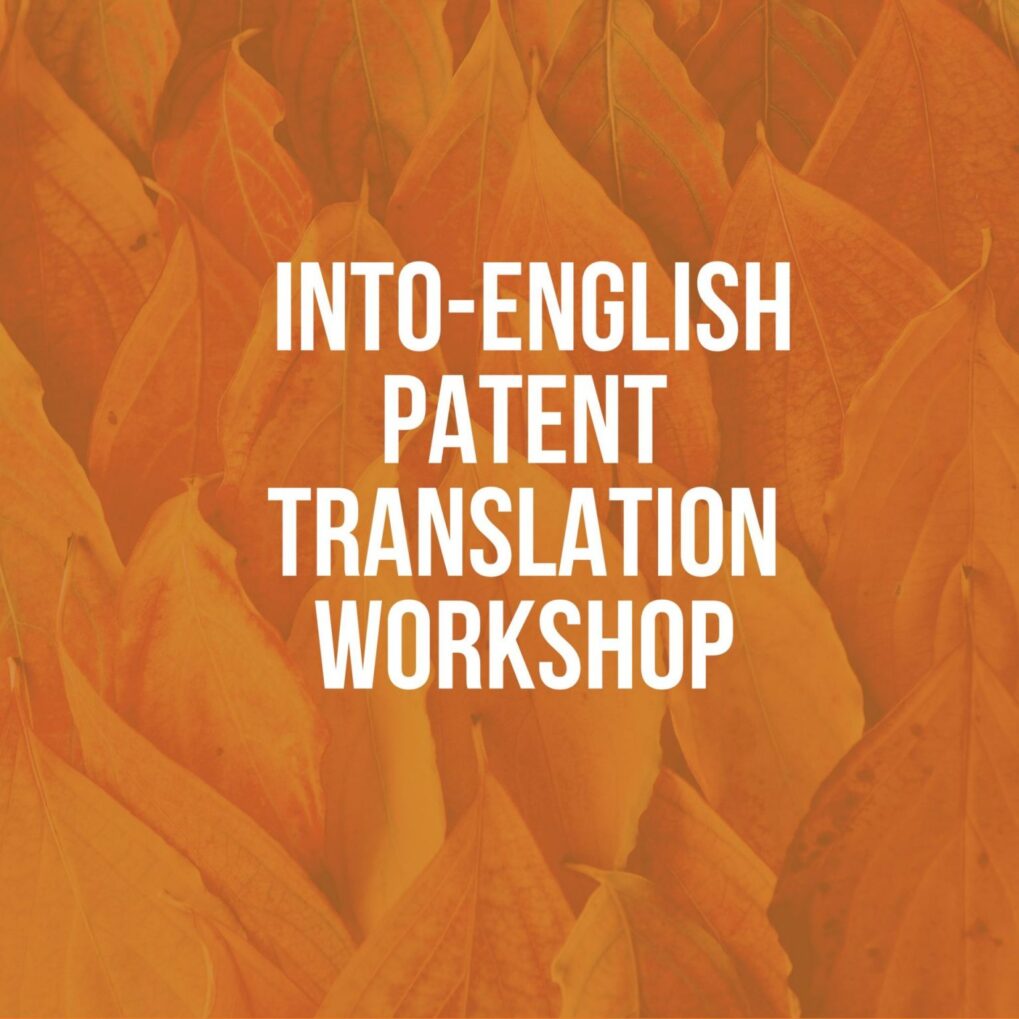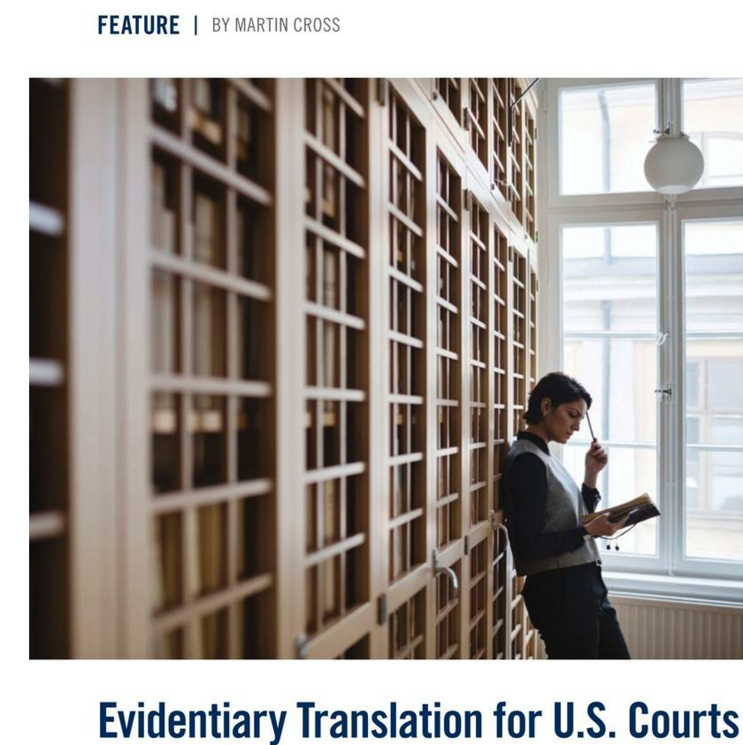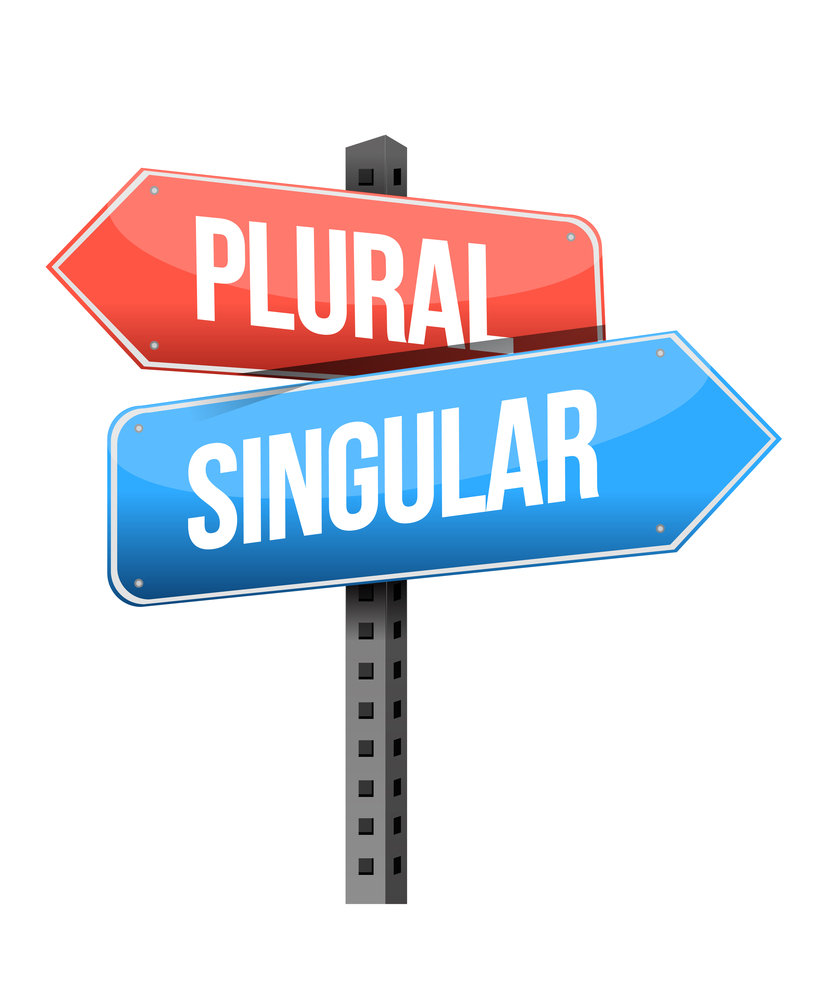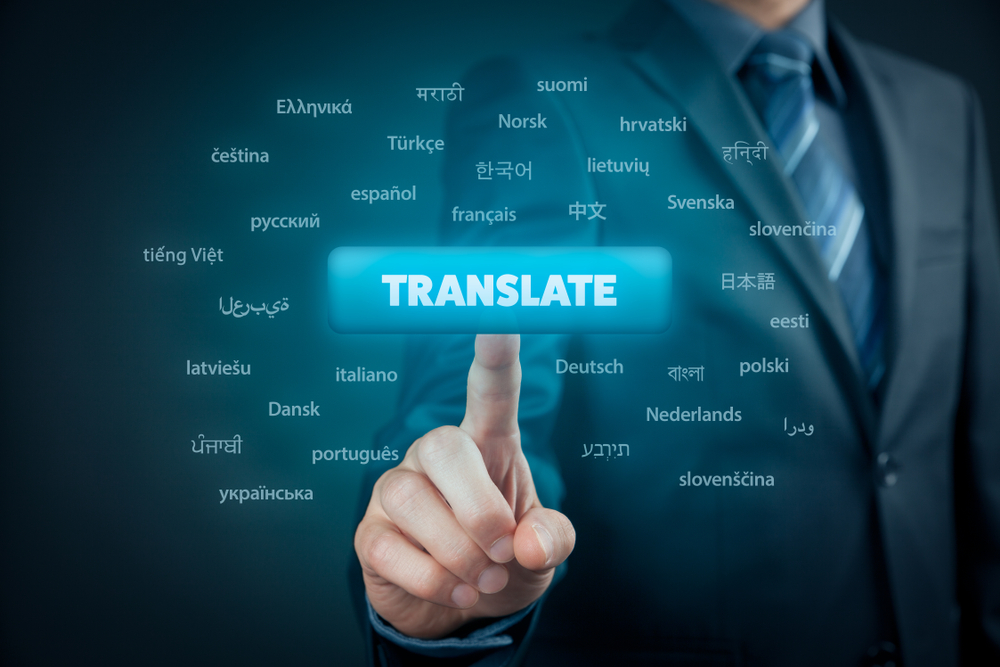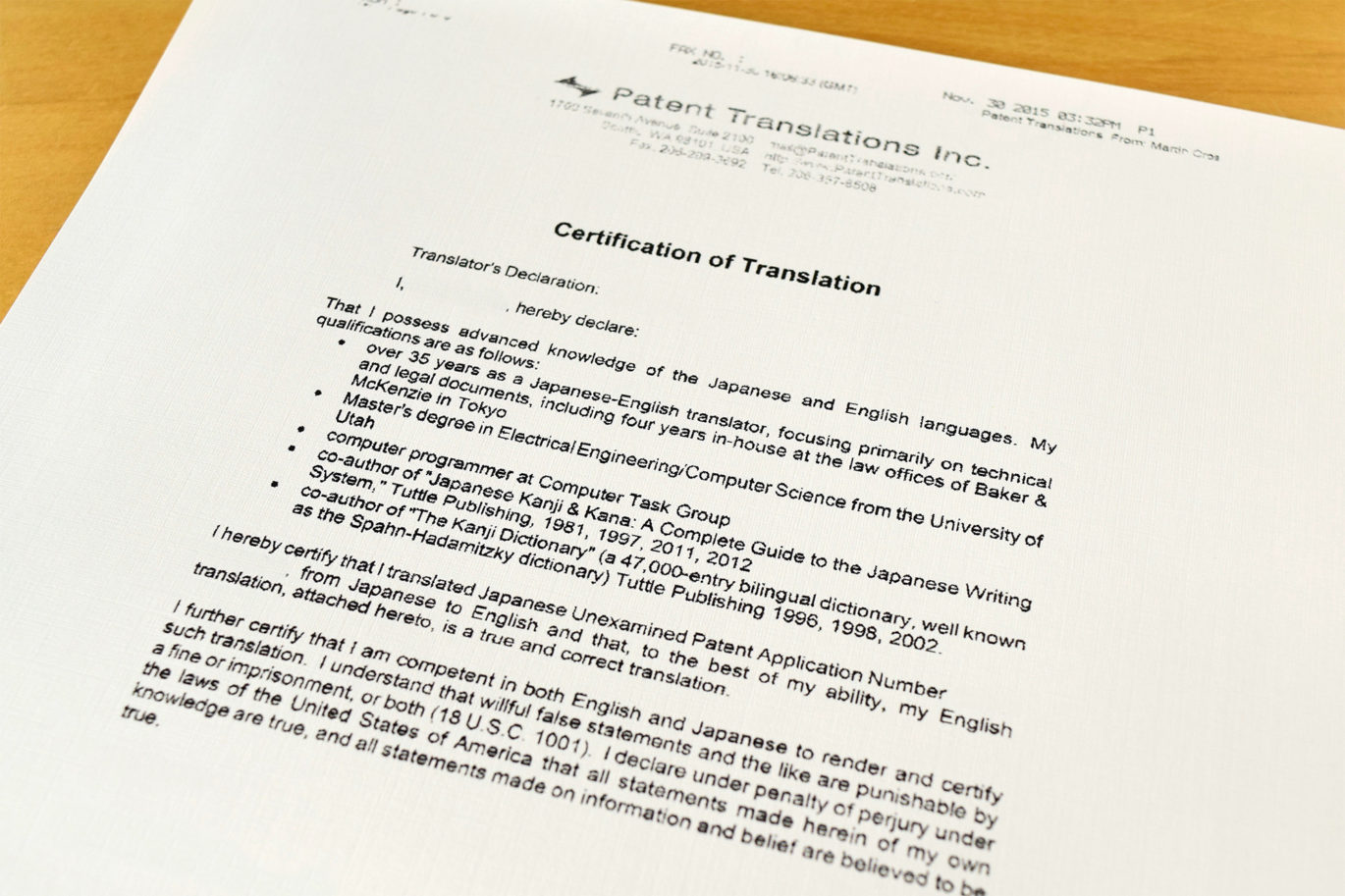Patent Translation Course | January 11, 2021
Beginning my career in the early days of the modern translation industry, I have been fortunate in terms of the training and mentorship that I have received along the way and, as partial payment on my debt of gratitude, I try to schedule regular speaking engagements. This year the pandemic got in the way of […]Continue reading

